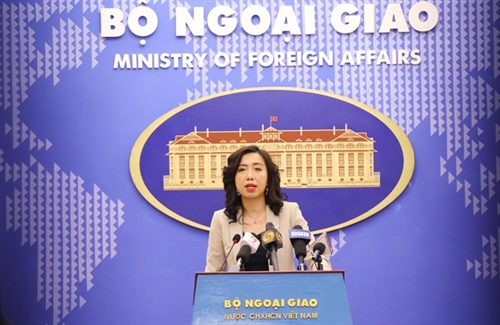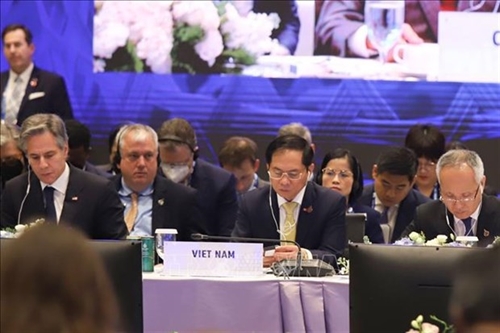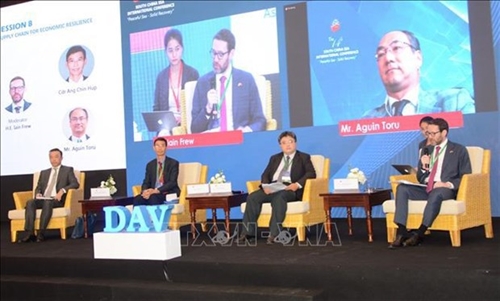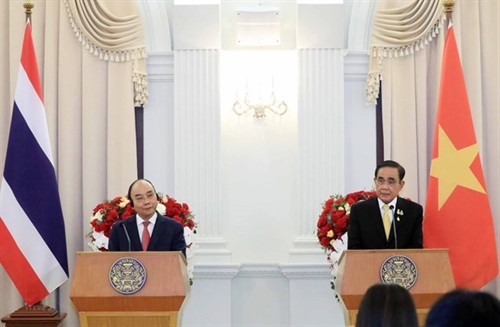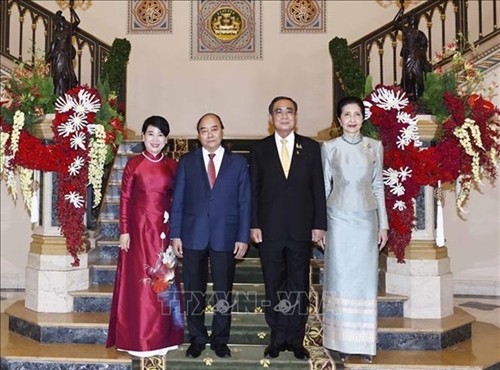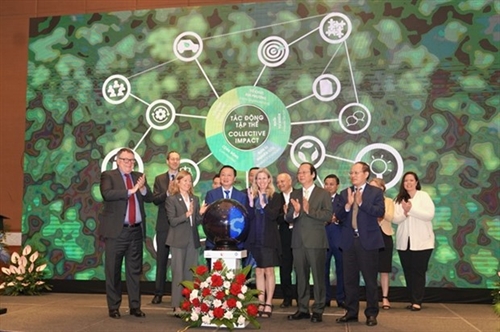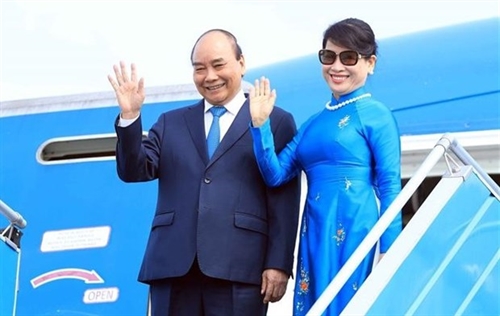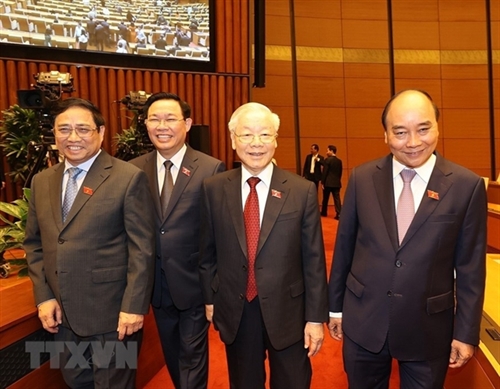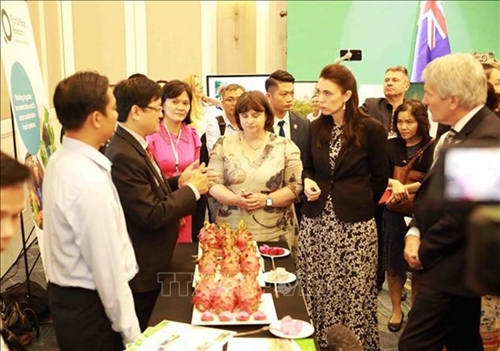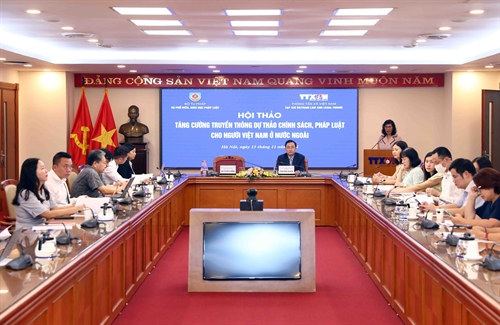A common mutual legal assistance framework, which meets international standards and has strong legal feasibility, will help protect the rights and interests of ASEAN citizens and businesses, wherever they are, especially the most vulnerable groups, officials have said.
The ASEAN Legal Forum will be a chance for ASEAN countries to exchange, discuss and share best practices and experiences on mutual legal assistance in civil and commercial matters, which will greatly benefit ASEAN citizens, they said.
 |
| A French-Vietnamese couple take pre-wedding photos in Hoi An in central Quang Nam Province__Photo: guu.vn |
Speaking at the ASEAN Law Forum on implementing mutual legal assistance in civil and commercial issues within the framework of the Hague Conference on Thursday, Deputy Minister of Justice Nguyen Khanh Ngoc said the integration within ASEAN and between ASEAN and other countries is constantly being expanded, bringing about an increase in foreign-related cases.
The ASEAN Law Forum will help bring ASEAN countries to work together, improve understanding and knowledge, solve problems and further promote cooperation among countries.
Ngọc said over the past ten years, Vietnam has participated in the Hague Conference on International Justice in 2013, the Hague Convention on the Protection of Children and Cooperation in the Field of Intercountry Adoption in 2012, the Hague Convention on the Overseas Service of Judicial and Extrajudicial Documents in Civil and Commercial Matters in 2016, and the Hague Convention on the Collection of Evidence Abroad in Civil or Commercial Matters in 2020.
The country has also signed 18 agreements on mutual legal assistance in civil and bilateral trade with other countries.
In addition, Vietnam has also strengthened research and consulted many countries in developing and perfecting the law on international justice, and improving training law students and legal and judicial officers on topics of contemporary international justice.
These efforts have helped the country effectively handle civil and commercial cases involving foreign elements, he said.
Ngoc said through this forum, ASEAN countries will have more useful information to think together, discuss ways to promote and strengthen cooperation on international justice, mutual legal assistance on a global and regional scale in ASEAN, as well as perfect its international legal framework.
Ramla Khalidi, UNDP Resident Representative in Vietnam, said more and more Vietnamese and ASEAN citizens travel the world, live and work abroad, get married to foreigners, have children born abroad, and buy property, or change their civil status in another country.
Many Vietnamese and ASEAN businesses engage in trade, investment, and other activities that reach beyond national borders.
Although all these events are recorded in legal documents issued by the countries where the events took place, this can create a web of complications when disputes take place or cross-border legal matters arise.
“If these situations are not resolved, the protection of the legitimate rights and interests of those involved may be put at risk, often with a disproportionate impact on the lives of women, children and the most vulnerable,” she stressed.
Ramla Khalidi said as an active member of the Hague Conference on Private International Law and two of the Hague Conventions, Vietnam has seen the benefits of a common international framework on mutual legal assistance.
She expressed her hope that Vietnam and other countries will share their experience with fellow ASEAN members as part of this law forum, providing their unique and valuable insights in this area.
Ramla Khalidi also noted that UNDP Vietnam worked with the Ministry of Justice to implement a series of studies on legal assistance in the last three years such as the implementation of the law on mutual legal assistance in civil matters with a view to ensuring the rights of women and children (in 2020); research on international experiences in mutual legal assistance in civil matters (in 2021) and a field survey on mutual legal assistance activities, analyzing the challenges of the first two reports at the local level (in 2022).
Under the studies, the organization has found that women and children are among the most vulnerable groups.
Sixty to eighty per cent of requests for mutual legal assistance sent or received by Vietnam are related to marriage or family matters. In cases concerning divorce and custody rights, women and children face difficulties as they wait for the relevant authorities to process their requests. In some cases, children have been denied health care benefits because they could not obtain birth certificates.
It also revealed that technology plays a very important role in improving the efficiency of handling mutual legal assistance requests.
The need to innovate and digitize mutual legal assistance services is even more pressing for commercial disputes in this ever-growing globalized era of trade and e-commerce. Opportune provision of legal evidence by the authority of one country to the court of another country would ensure timely justice for disputing parties in cross-border commercial disputes.
Vietnam and the ASEAN region should take the opportunity to accelerate their transition to a digital age that is citizen-centric and inclusive, she said.- (VNS/VLLF)
